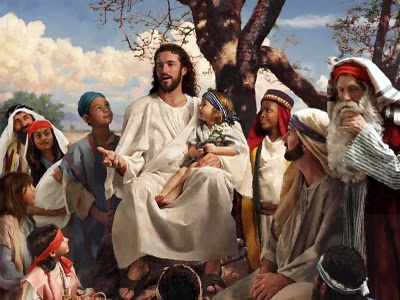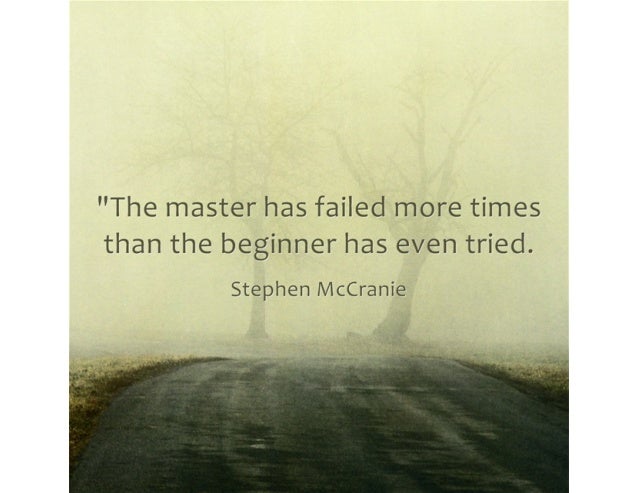where a woman whose name was Martha welcomed him.
She had a sister named Mary
who sat beside the Lord at his feet listening to him speak.
Martha, burdened with much serving, came to him and said,
“Lord, do you not care
that my sister has left me by myself to do the serving?
Tell her to help me.”
The Lord said to her in reply,
“Martha, Martha, you are anxious and worried about many things.
There is need of only one thing.
Mary has chosen the better part
and it will not be taken from her.” Luke 10:38-42
The Gospel of the day: As a good friend of mine said in Bible Study last night, "I sometimes feel like this is one of those passages that has been beaten to death!" I also think, for priests and deacons, it may be the passage most likely to offend the middle-aged ladies of the parish who are probably more likely to relate to Martha than to Mary. After all, it's all well and good for Mary to choose the better part. But, as another friend commented, "Oh! That's how it is? My sister chose the better part, eh? Do you want to eat tonight, Jesus? I hear there's a kid down the street with some loaves and fishes..." Can you imagine her face after He said that to her?
(Meaning no disrespect to Martha at all. She reminds me too much of the women of my family whom I love dearly.)
One thing that a priest once pointed out in a homily, and which has stuck with me ever since, is that Jesus never rebuked Martha for serving Him, or for cooking, or for cleaning, or for any of the work she was doing. He rebuked her for being "worried and anxious." That is why I like this picture of the incident so much, because it captures something of the tenderness and playfulness of Jesus' response. He knows that she loves Him, and that she wants everything to be perfect for Him. The question is, does she know Him?
Gary Chapman in his book "The Five Love Languages" posits that human beings express and understand love in five main ways: Physical touch, quality time, words of affirmation, acts of service and gift giving. Everyone has one or maybe two main languages that they naturally gravitate towards, with the others being secondary or lesser importance. For instance, when I listed them above, I listed them more-or less in order of importance to me, with physical touch and quality time a tie for most importance, and gift-giving utterly meaningless to me.
Now it is easy to go from there and posit that Jesus (in His humanity, obviously, not His Divinity) acts of service, gifts, words of affirmation, and physical touch. Jesus was a whole and complete human being and He knew how to love as the situation needed.
 |
| Jesus knew how to love as the situation required. |
No, it was the worry that was the problem. He says the same thing to me all the time when I complain about when am I going to have time for prayer, for spiritual reading, etc. I just have so much to do! "Peace!" He says to me. "You are worried about many things. One thing only is needful. Trust me."
Worry comes when we set goals for ourselves and measure our success or failure based on whether we achieve our goals. But, as I said last week, failure is almost the point of trying in the spiritual life. Jesus wants our goal to be loving Him, not achieving anything. Indeed, achievement of any kind, a goal of any kind, material or spiritual, or "for the Kingdom" or what have you, no matter how perfect is absolutely worthless without that one thing needful. As Saint Paul put it:
Earnestly desire the higher gifts.
And I will show you a still more excellent way.
If I speak in the tongues of men and of angels, but have not love, I am a noisy gong or a clanging cymbal.
And if I have prophetic powers, and understand all mysteries and all knowledge, and if I have all faith, so as to remove mountains, but have not love, I am nothing.
If I give away all I have, and if I deliver up my body to be burned, but have not love, I gain nothing.
1 Corinthians 12:31-13:3
Love, then is the one thing needful, and trust as a consequence of that love; implicit trust, which
refuses to become distressed when our prayers are not answered, our evangelization efforts are met with indifference, and our attempts at love go unnoticed. This trust even extends to our efforts at trust, refusing to become distressed at our inability to remain trustful. In other words, even when we fall off the trust bandwagon and start worrying up a storm, we don't get worried about our worrying. We just pick ourselves back up, calm the body, then the mind, then the heart as best we can (it's a useful technique, remind me to tell you about it sometime) and leave the rest in the hands of God. This is the way to true mastery in the spiritual life, through loving, trusting acceptance of failure. Through it all we sit humbly on the ground like a little kid at story time, and look up at Jesus and wait for Him to explain the punchline. That is all that is required of us.
Isn't He great like that? :-D





